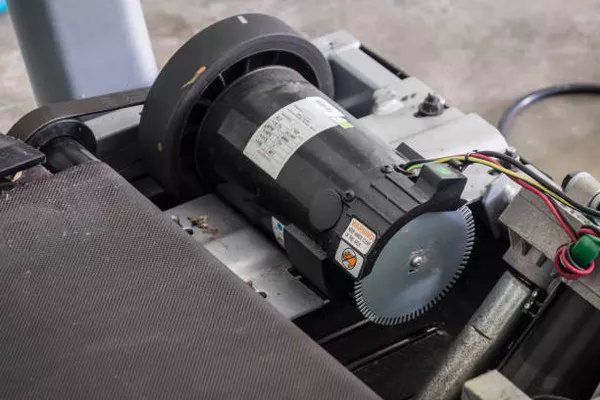In times of power outages or when off-grid power is necessary, generators play a crucial role in providing electricity. However, many users often wonder how long they can run a generator continuously without causing damage or compromising its efficiency. In this article, we will explore the factors influencing generator runtime, the importance of maintenance, and tips for maximizing generator performance.
Understanding Generator Runtime:
The runtime of a generator is influenced by several factors, including fuel capacity, engine efficiency, and load demand. Generators are typically rated by their continuous runtime at a specific load capacity, commonly expressed in hours. However, it’s essential to recognize that running a generator continuously for an extended period can have implications on its performance and longevity.
Fuel Capacity and Consumption:
The fuel capacity of a generator determines how long it can run before requiring refueling. Generator models come with different fuel tank sizes, ranging from small portable units with a few gallons to large standby generators with significantly larger capacities. To estimate the runtime, you can use the formula: Runtime = Fuel Capacity / Hourly Fuel Consumption.
It’s crucial to note that the generator’s fuel consumption is influenced by the load it is carrying. Running a generator at a higher load will result in faster fuel consumption, reducing the overall runtime.
Engine Efficiency:
The efficiency of the generator’s engine also plays a significant role in determining how long it can run continuously. Modern generators are designed with advanced technology to improve fuel efficiency and reduce emissions. Regular maintenance, including cleaning air filters, checking oil levels, and inspecting spark plugs, helps maintain optimal engine performance, ensuring longer runtimes.
Load Demand:
The load demand placed on the generator directly affects its runtime. Generators are typically rated for specific loads, and exceeding these limits can lead to overheating, increased fuel consumption, and potential damage to the generator. Understanding your power needs and selecting an appropriately sized generator is crucial for maximizing runtime.
Importance of Maintenance:
Regular maintenance is key to ensuring the longevity and reliable performance of a generator. Neglecting maintenance can result in decreased efficiency, increased fuel consumption, and a higher risk of breakdowns. Here are essential maintenance tasks to consider:
Oil Changes: Regular oil changes are vital for maintaining the health of the generator’s engine. Over time, oil breaks down and becomes less effective, leading to increased friction and wear. Follow the manufacturer’s recommendations for oil change intervals based on usage and operating conditions.
Air Filter Cleaning/Replacement: Air filters prevent dust and debris from entering the generator’s engine, ensuring clean combustion. Regularly clean or replace air filters to maintain optimal airflow and prevent engine damage.
Fuel System Maintenance: Keep the fuel system clean and free of contaminants by using clean fuel and adding fuel stabilizers to prevent fuel degradation. Regularly inspect fuel lines, filters, and the carburetor to ensure proper functioning.
Cooling System Inspection: Generators rely on effective cooling systems to dissipate heat generated during operation. Inspect the cooling system regularly, checking for leaks, proper coolant levels, and clean fins or radiators.
Tips for Maximizing Generator Performance:
To get the most out of your generator while ensuring safe and efficient operation, consider the following tips:
Right-sizing the Generator: Select a generator that matches your power needs without exceeding its rated capacity. A properly sized generator operates more efficiently and provides longer runtimes.
Load Management: Distribute the load evenly across multiple circuits if the generator has the capacity. Avoid overloading the generator, as it can lead to increased fuel consumption and reduced runtime.
Fuel Quality: Use high-quality, clean fuel to prevent clogs and damage to the generator’s fuel system. Consider using fuel stabilizers for long-term storage to maintain fuel integrity.
Regular Exercise: Run the generator periodically, even during times of non-emergency, to prevent fuel system issues and ensure all components remain in working order.
See Also How Many Watts Generator To Run Window AC Unit
Conclusion:
Understanding how long a generator can run continuously involves considering factors such as fuel capacity, engine efficiency, and load demand. Regular maintenance and adherence to manufacturer recommendations are crucial for maximizing a generator’s performance and longevity. By following these guidelines and adopting proper operational practices, you can ensure that your generator remains a reliable source of power when needed most.

